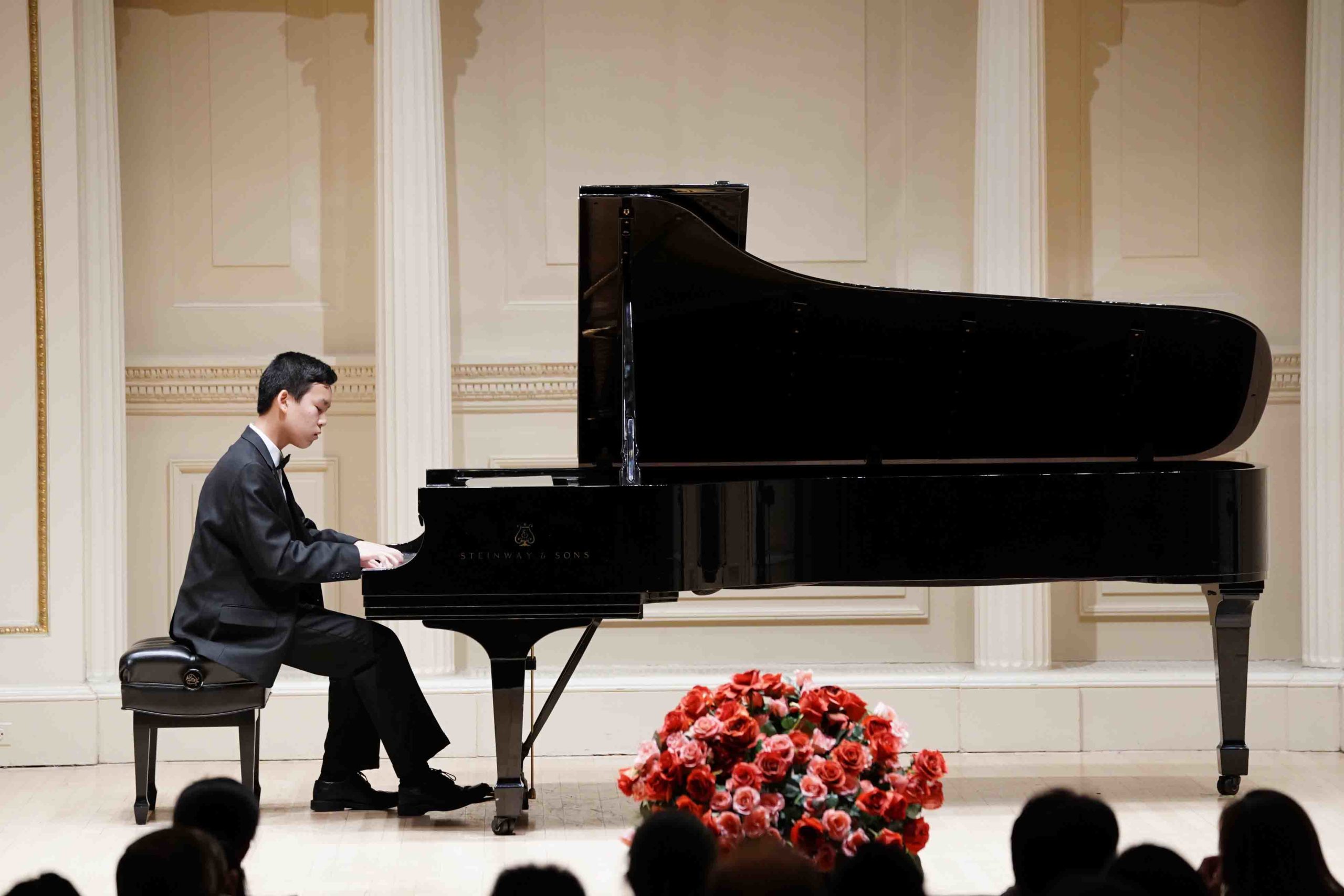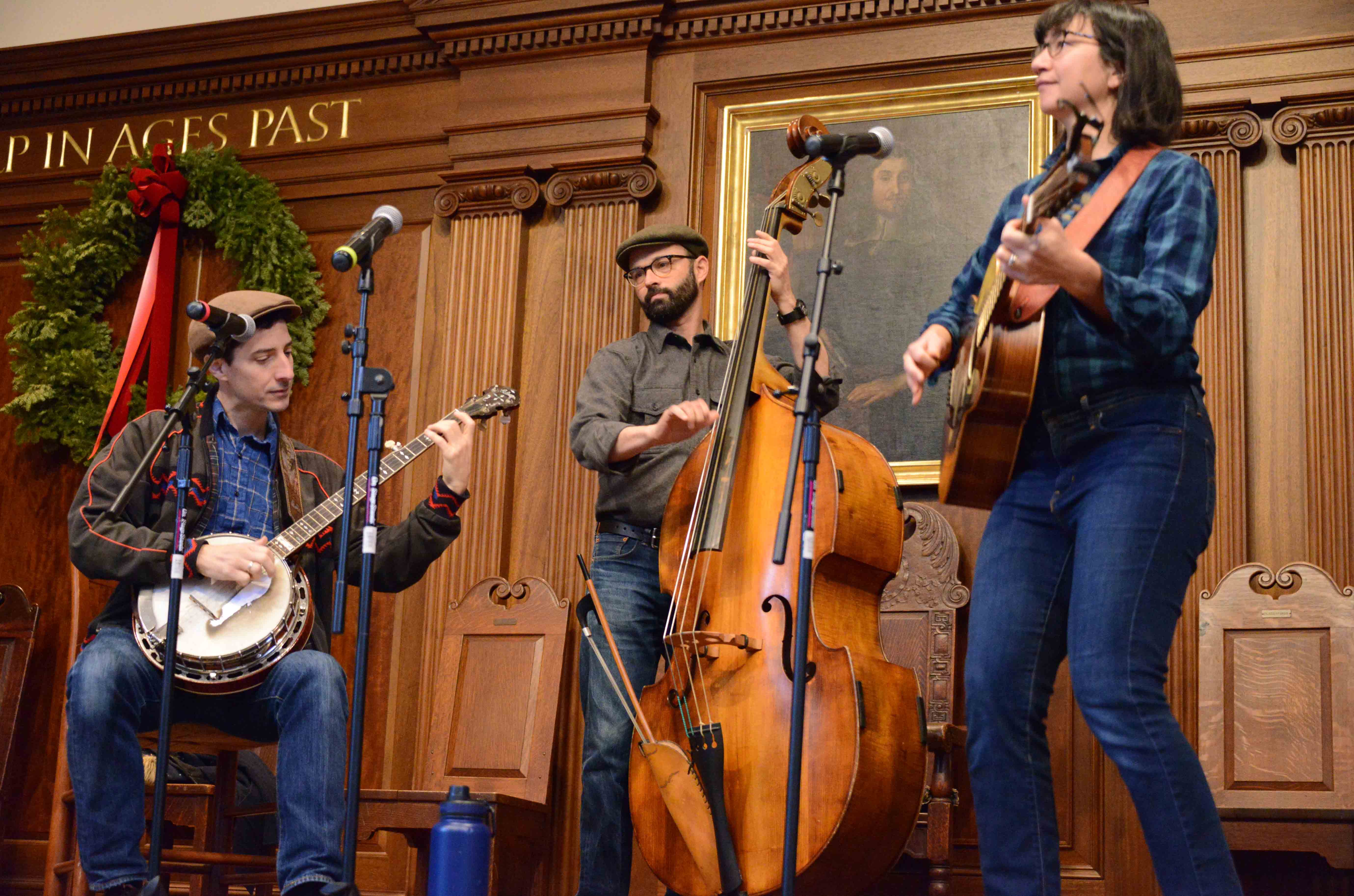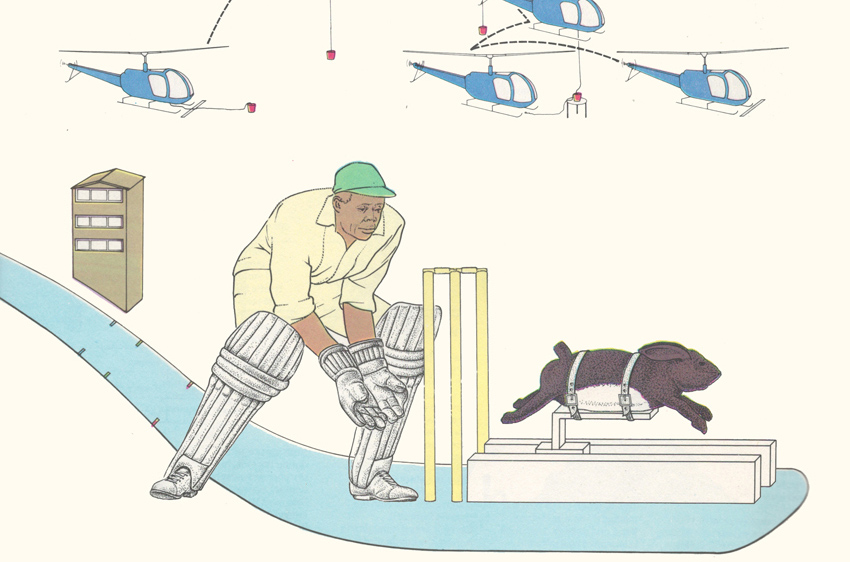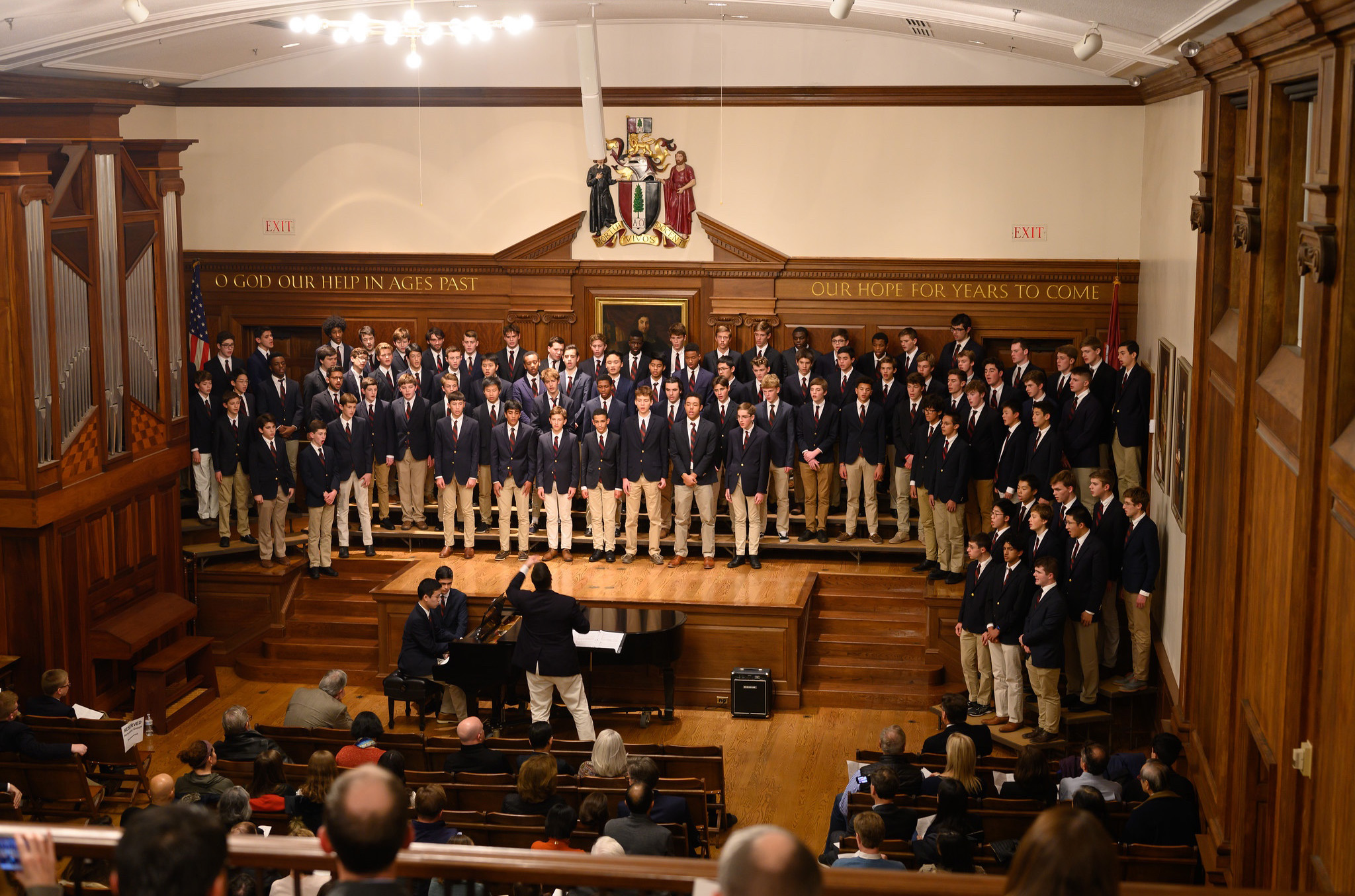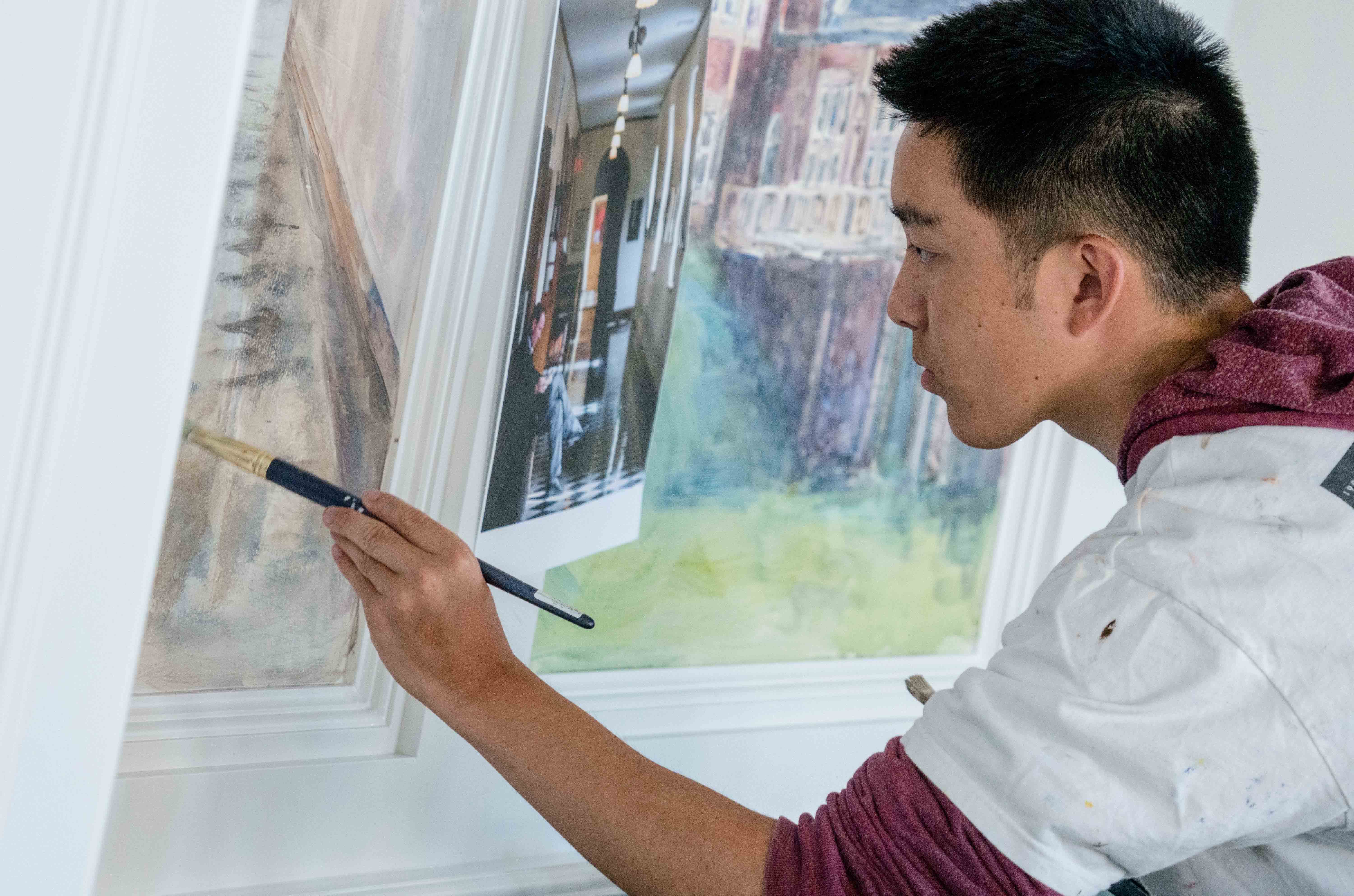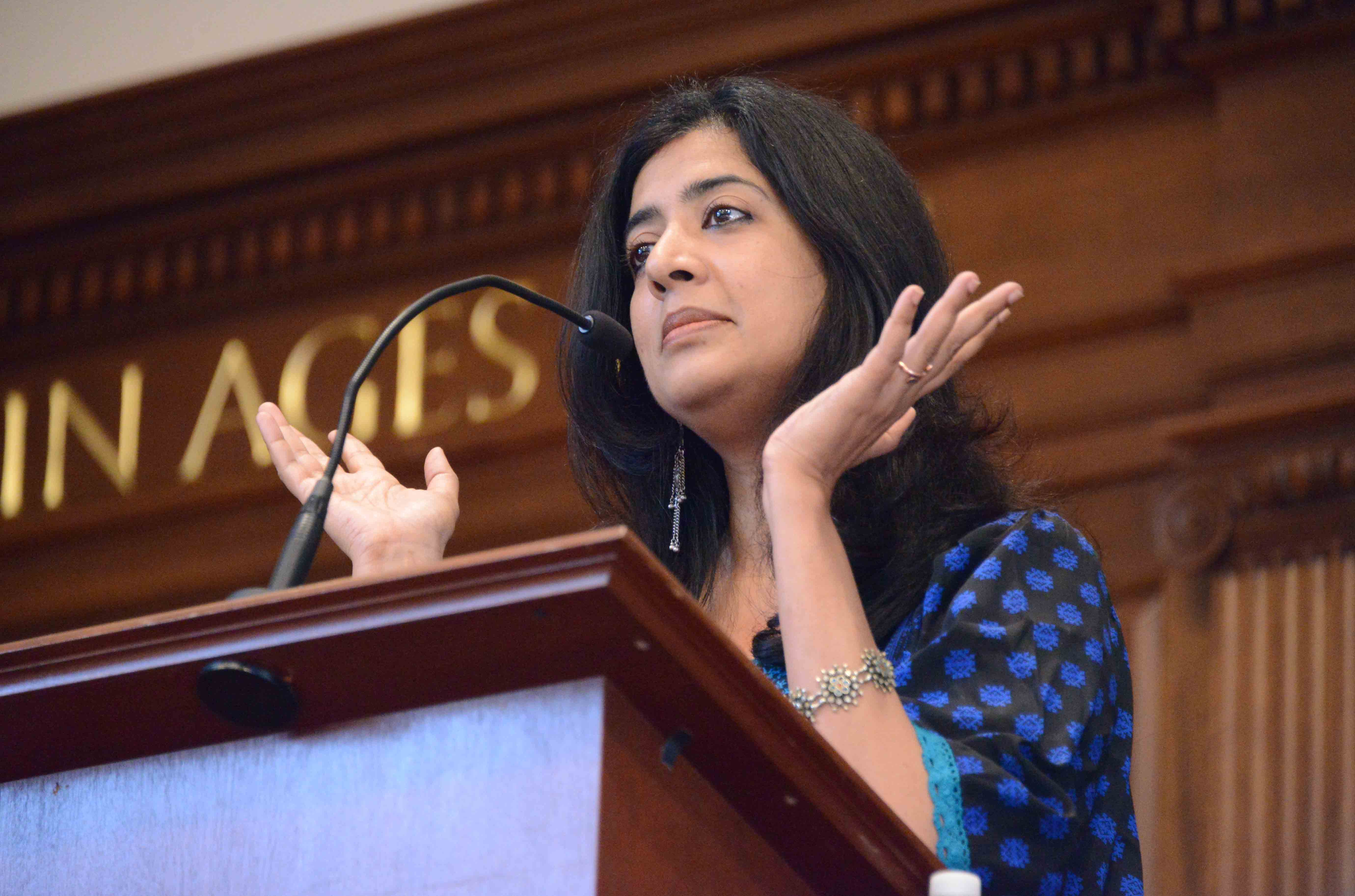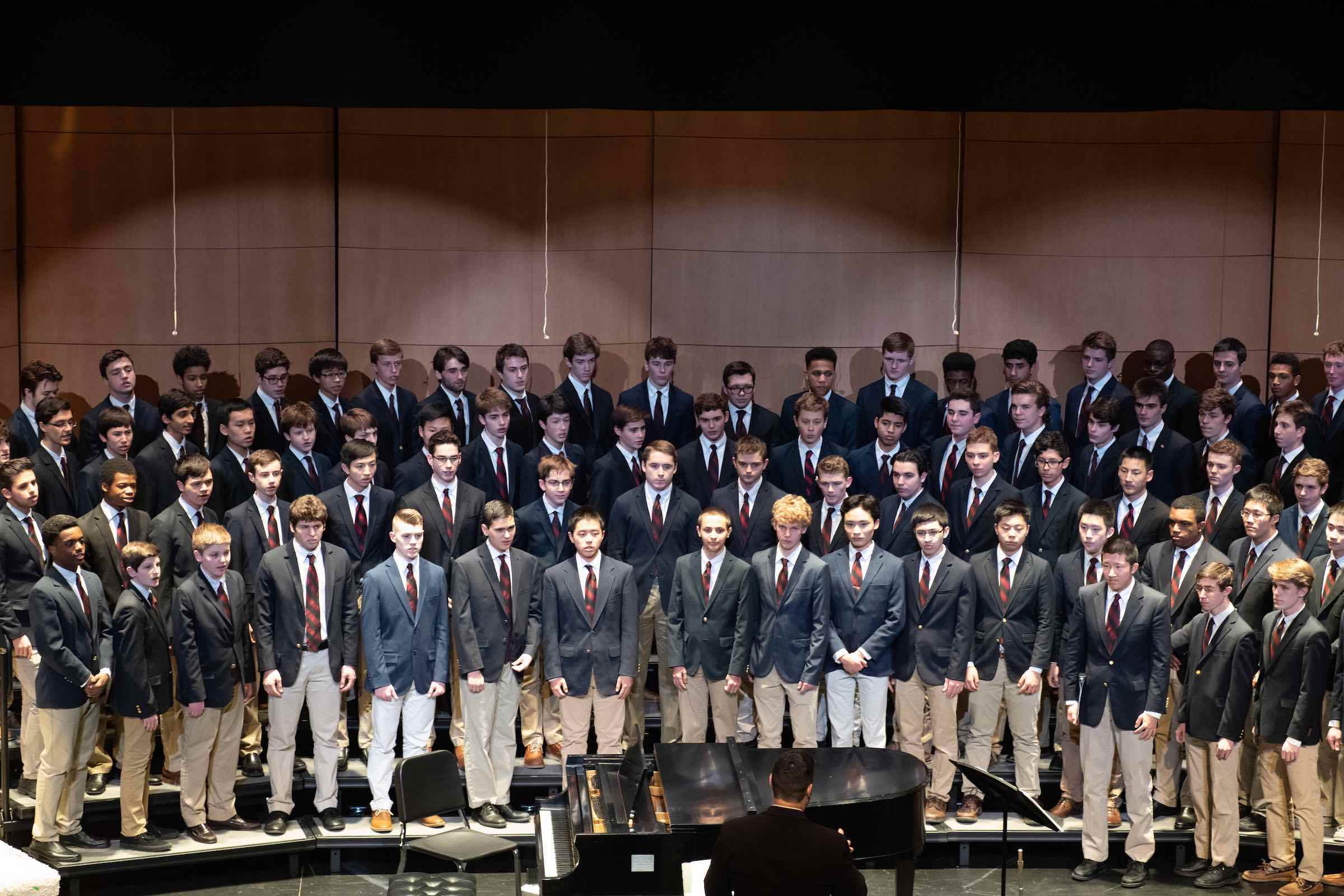On May 21, Roxbury Latin’s Latonics released their eleventh album since 1997—this one titled Lose Yourself Again. The tracks (a total of 12) are now available on most digital platforms, including iTunes, Amazon Music, Google Play, Spotify, and Pandora. The recordings feature vocals from members of the Class of 2017 through the Class of 2021. Mr. Rob Opdycke, RL’s Director of Music, was the album’s recording engineer, and the tracks were produced—edited and mixed—by Plaid Productions. Erik Zou ’19 created the cover art for the album, the title of which is drawn from a lyric in the second track, “Jump Right In” by Zac Brown Band.
The complete track list includes:
Animal (Neon Trees) arr. Eric Chung – Nick Chehwan ’20, solo
Jump Right In (Zac Brown Band) arr. Jack Golden ’18 – Ben Lawlor ’18, solo
Sing to You (John Splithoff) arr. RCO – Nick Chehwan, solo
The Real (Busty and the Bass) arr. RCO – Xander Boyd ’17, solo
Good Grief (Bastille) arr. RCO – Reis White ’18, solo
Brand New (Ben Rector) arr. Jack Golden – Ben Lawlor, solo
All on Me (Devin Dawson) arr. Christian Landry ’20 – David Ma ’18, solo
Love Me Now (John Legend) arr. Ryan Chipman ’12 – Nick Chehwan, solo
Cleopatra (The Lumineers) arr. Ben Lawlor – Ben Lawlor, solo
Leave the Night On (Sam Hunt) arr. T.J. Silva ’17 – Xander Boyd, solo
Valerie (The Zutons) arr. Similar Jones – Ian Kelly ’17, solo
Imagine (John Lennon) arr. Pentatonix – Andrew White ’18, Reis White, Kalyan Palepu ’19, and Nick Chehwan, solos
Every year, members of the Latonics vote on which songs to include, and about six tracks per year are chosen. Each vocalist records his part one at a time, listening to a MIDI export of the arrangement in his headphones. Backstage-left of the Smith Theater has served as the group’s recording studio for the past decade, since Mr. Opdycke took over recording engineer duties!
Lose Yourself Again is the first Latonics album to be released on all the major digital platforms. Past Latonics albums are currently available as CDs only, but the most recent of them will also be available on digital and streaming platforms in the coming months.


